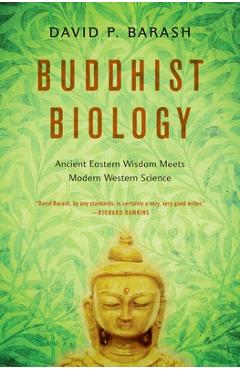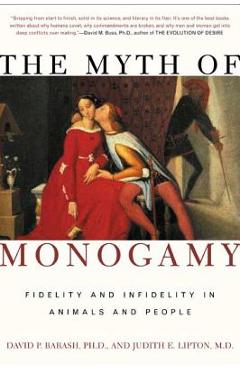Buddhist Biology: Ancient Eastern Wisdom Meets Modern Western Science - David P. Barash

Detalii Buddhist Biology: Ancient Eastern Wisdom
libris.ro
180.55 Lei
225.69 Lei
Science
David P. Barash
Buddhist Biology: Ancient Eastern Wisdom - Disponibil la libris.ro
Pe YEO găsești Buddhist Biology: Ancient Eastern Wisdom de la David P. Barash, în categoria Science.
Indiferent de nevoile tale, Buddhist Biology: Ancient Eastern Wisdom Meets Modern Western Science - David P. Barash din categoria Science îți poate aduce un echilibru perfect între calitate și preț, cu avantaje practice și moderne.
Preț: 180.55 Lei
Caracteristicile produsului Buddhist Biology: Ancient Eastern Wisdom
Comandă Buddhist Biology: Ancient Eastern Wisdom Online, Simplu și Rapid
Prin intermediul platformei YEO, poți comanda Buddhist Biology: Ancient Eastern Wisdom de la libris.ro rapid și în siguranță. Bucură-te de o experiență de cumpărături online optimizată și descoperă cele mai bune oferte actualizate constant.
Descriere magazin:
Many high-profile public intellectuals -- including New Atheists like Richard Dawkins, Daniel Dennett, and the late Christopher Hitchens -- have argued that religion and science are deeply antagonistic, representing two world views that are utterly incompatible. David Barash, a renowned biologist with forty years of experience, largely agrees with them, but with one very big exception: Buddhism. In this fascinating book, David Barash highlights the intriguing common ground between scientific and religious thought, illuminating the many parallels between biology and Buddhism, allowing readers to see both in a new way. Indeed, he shows that there are numerous places where Buddhist and biological perspectives coincide and reinforce each other. For instance, the cornerstone ecological concept -- the interconnectedness and interdependence of all natural things -- is remarkably similar to the fundamental insight of Buddhism. Indeed, a major Buddhist text, the Avatamsaka Sutra, which consists of ten insights into the interpenetration between beings and their environment, could well have been written by a trained ecologist, just as current insights in evolutionary biology, genetics and development might have been authored by the Buddha himself. Barash underscores other notable similarities, including a shared distrust of simple cause-and-effect analysis, an appreciation of the rightness of nature, along with an acknowledgment of the suffering that results when natural processes are tampered with. Buddhist Biology shows how the concept of non-self, so confusing to many Westerners, is fully consistent with modern biology, as is the Buddhist perspective of impermanence. Barash both demystifies and celebrates the biology of Buddhism and vice versa, showing in a concluding tour-de-force how modern Buddhism --shorn of its hocus-pocus and abracadabra -- not only justifies but actually mandates both socially and environmentally engaged thought and practice. Buddhist Biology is a work of unique intellectual synthesis that sheds astonishing light on biology as well as on Buddhism, highlighting the remarkable ways these two perspectives come together, like powerful searchlights that offer complementary and stunning perspectives on the world and our place in it.

Produse asemănătoare
Produse marca David P. Barash

The Myth of Monogamy: Fidelity and Infidelity in Animals and People - David P. Barash
![]() libris.ro
libris.ro
Actualizat in 28/10/2025
117.13 Lei

Oops!: The Worst Blunders of All Time - David P. Barash
![]() libris.ro
libris.ro
Actualizat in 15/12/2024
159.06 Lei

Buddhist Biology: Ancient Eastern Wisdom Meets Modern Western Science - David P. Barash
![]() libris.ro
libris.ro
Actualizat in 15/12/2024
180.55 Lei